Pound's translation of Chinese poetry was maybe the most important thing I read. Eliot a little bit later
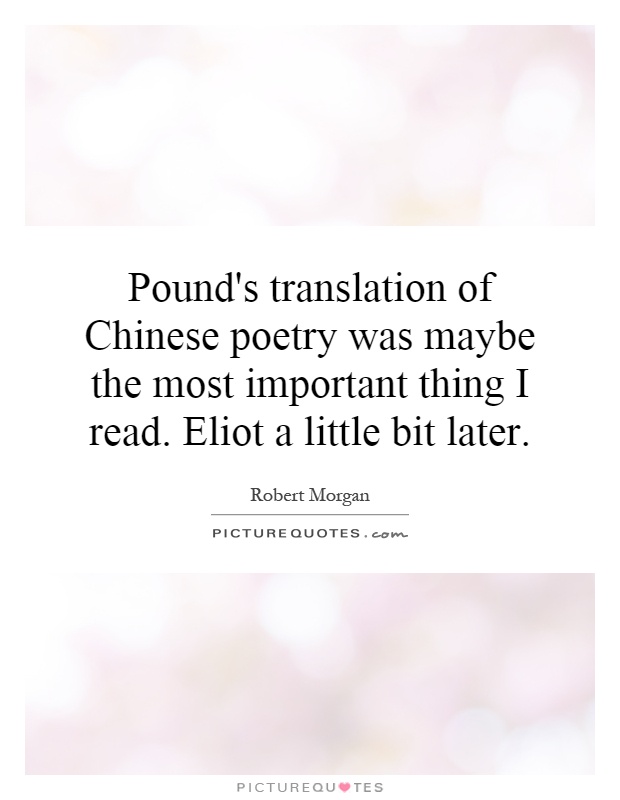
The Most Important QuotesMost Important QuotesImportant Thing QuotesChinese Poetry QuotesLittle Bit QuotesRobert Morgan Quotes
Pound's translation of Chinese poetry was maybe the most important thing I read. Eliot a little bit later
Robert Morgan, a renowned American poet and author, has often cited the influence of Ezra Pound's translation of Chinese poetry as a pivotal moment in his own literary development. Pound's groundbreaking work in bringing Chinese poetry to the Western world had a profound impact on Morgan, shaping his understanding of language, form, and the power of imagery in poetry.Pound's translations of Chinese poetry introduced Morgan to a new way of thinking about the possibilities of language and poetic expression. The spare, evocative language of Chinese poetry, with its emphasis on imagery and symbolism, resonated deeply with Morgan, inspiring him to explore similar themes in his own work. The influence of Chinese poetry can be seen in Morgan's own poetry, which often features vivid, sensory imagery and a keen attention to the natural world.
In addition to the formal and linguistic influence of Pound's translations, Morgan was also drawn to the philosophical and spiritual dimensions of Chinese poetry. The themes of nature, impermanence, and the interconnectedness of all things that are central to Chinese poetry resonated with Morgan's own beliefs and worldview. Through Pound's translations, Morgan discovered a new way of approaching poetry that allowed him to explore these themes in a deeper and more meaningful way.
Furthermore, Pound's translations of Chinese poetry also introduced Morgan to the work of T.S. Eliot, another major influence on his writing. Eliot's modernist approach to poetry, with its fragmented structure and allusive language, provided Morgan with a new model for experimentation and innovation in his own work. The combination of Pound's translations of Chinese poetry and Eliot's modernist aesthetics helped to shape Morgan's distinctive poetic voice, which blends traditional forms with innovative techniques to create a rich and complex body of work.
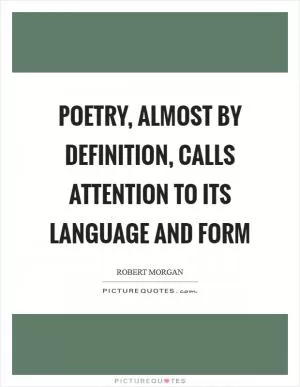
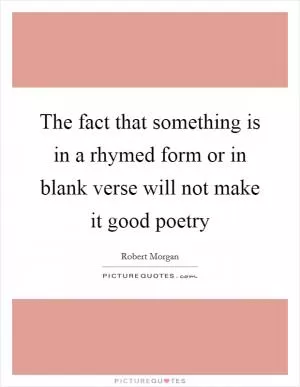
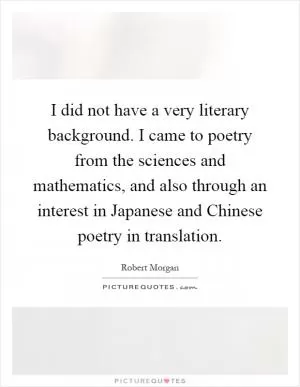
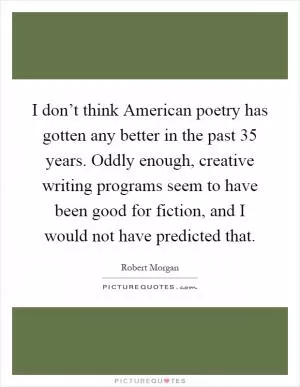
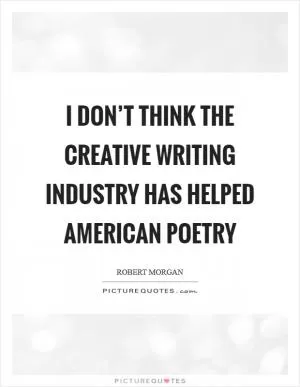

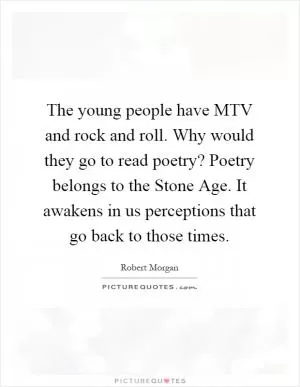

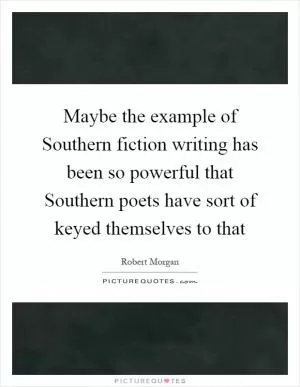
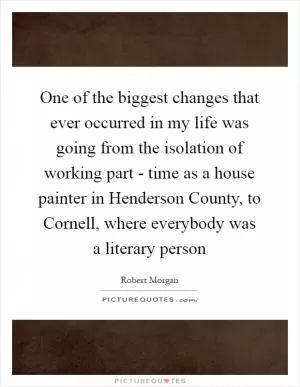

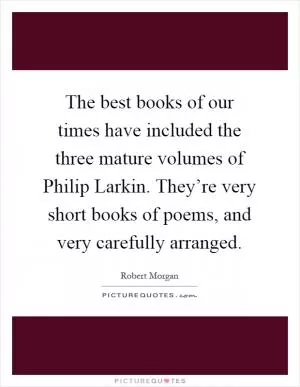
 Friendship Quotes
Friendship Quotes Love Quotes
Love Quotes Life Quotes
Life Quotes Funny Quotes
Funny Quotes Motivational Quotes
Motivational Quotes Inspirational Quotes
Inspirational Quotes